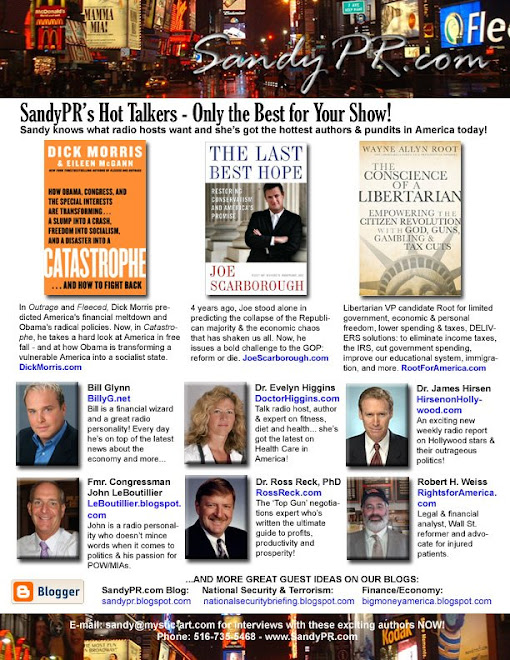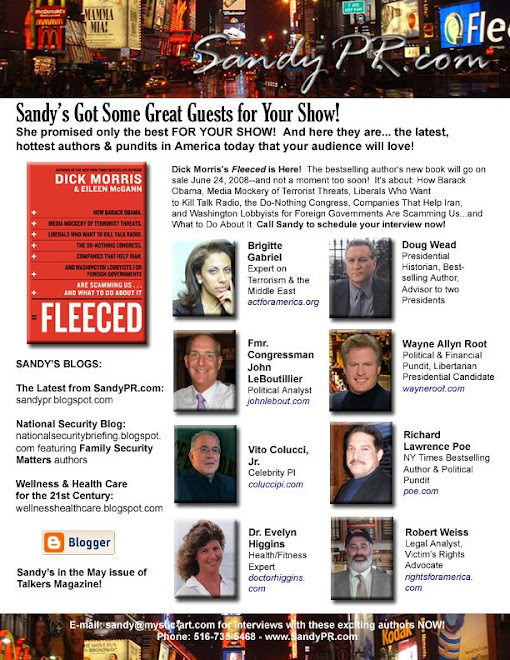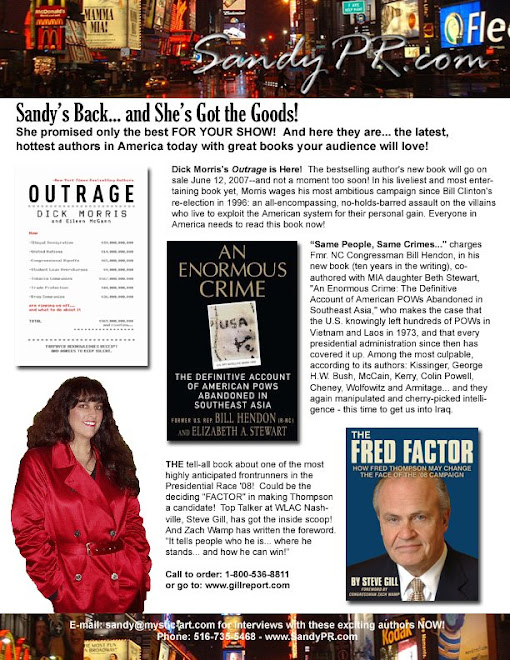Having watched the deterioration of academia up close for the past fifty years, Ellis locates the core of the problem in a change in the composition of the faculty during this time, from mildly left-leaning to almost exclusively and much more virulently leftist. He explains how astonishing historical luck led to the success of a plan first devised by a small group of activists to use college campuses to promote radical politics, and why laws and regulations designed to prevent the politicizing of higher education proved insufficient.
In The Breakdown of Higher Education, you'll learn:
· How higher education became so corrupted by
radical politics, and so dominated by hard left radicals, when all of its
governing documents insist that it must never be used for a political purpose;
· Why a politically one-party campus is bound to
become politically extreme and foolish;
· How an academic teacher differs from a
political activist: the huge differences in temperament, goals and knowledge
mean that the one can't do the job of the other, and ought never to have been
allowed to do so;
· That numerous studies show college graduates
haven't made any gains in their capacity to think independently and reason, or
in their ability to read and comprehend complex texts, or in their knowledge of
the history and functioning of the society they live in;
· College courses on American history are
heavily corrupted by an uncontrolled animus against America;
· What important things the campus near-riots
tell us about the state of higher education;
· How our society is being damaged by a
politicized academia (graduates unprepared for citizenship; a national
political climate poisoned by political hatreds learned in college);
· About the many ways our colleges and
universities now fail to do what we have always expected them to do; and
· What can be done to reform higher education
and make it the great blessing for the nation that it once was.
Ellis shows that political motivation is always destructive of higher learning. Even science and technology departments are not immune. The corruption of universities by radical politics also does wider damage: to primary and secondary education, to race relations, to preparation for the workplace, and to the political and social fabric of the nation.
Commonly suggested remedies - new free-speech rules or enforced right-of-center appointments - will fail because they don't touch the core problem, a controlling faculty majority of political activists with no real interest in scholarship. This book proposes more drastic and effective reform measures. The first step is for Americans to recognize that vast sums of public money intended for education are being diverted to a political agenda, and to demand that this fraud be stopped.
John M. Ellis is Distinguished Professor Emeritus of German Literature at the University of California, Santa Cruz. He taught at universities in England, Wales, and Canada before joining UCSC in 1966, serving as dean of the Graduate Division in 1977–86. He is the author of ten books, including Literature Lost (Yale), awarded the Peter Shaw Memorial Award by the National Association of Scholars. He founded the Association of Literary Scholars and Critics in 1993 and served as president of the California Association of Scholars in 2007–13 and chairman of its board since then. His articles on education reform have appeared in prominent national publications.








